
Aging is a natural part of human life. Though we tend to focus more on our physical health, it is also important to take care of our minds as we age. Good mental health is an important part of healthy ageing. Being mentally well lifts your mood, promotes resilience in difficult situations and helps you get the most out of life. Here are a few ways to help you maintain a good mental state.
1. Surround yourself with positive people
You have complete control over the kind of people you allow in your life. Connection with others, whether that be with family, friends, or the community, is vital for your mental wellbeing at any age. Being with positive people brings out the best in you and gives the mental strength you need. When you develop meaningful connections and healthy relationships it can raise your self-esteem and lower levels of anxiety and depression. Maintaining these connections is one of the most effective ways to keep your spirits high and your mind busy and engaged while staying optimistic.
2. Be physically active and Eat healthy
Take good care of your body. An active, healthy body is critical in maintaining an active, healthy mind. Eating a balanced, healthy diet, and enjoying physical activity such as a 45–minute walk is a key way to maximize brain function and improve overall health. In fact, eating right and exercising can help maintain good mental health. It’s easier to feel happy if your body feels good.
3. Find some time to destress
Everyone experiences stress. Pay attention to what makes you stressed, where you feel it in your body, and how you react to it. This will help you to better manage your stress and prevent long–term damage to our bodies and mind. Relaxation breathing, yoga or meditation can help. Spend some time to embrace a hobby like painting, sewing or any activity that you do just for fun. Regardless of your choice, find something that can help effectively calm your nerves and reduce stress.
Getting older is inevitable and having good mental health helps you enjoy life and cope with problems. It contributes greatly to an overall feeling of well-being. Aging gracefully is more about being healthy and happy. Maintain a healthy lifestyle, surround yourself with people you love, and do things that bring you joy. And if you’re worried about your health and aging, don’t hesitate to reach out for help.
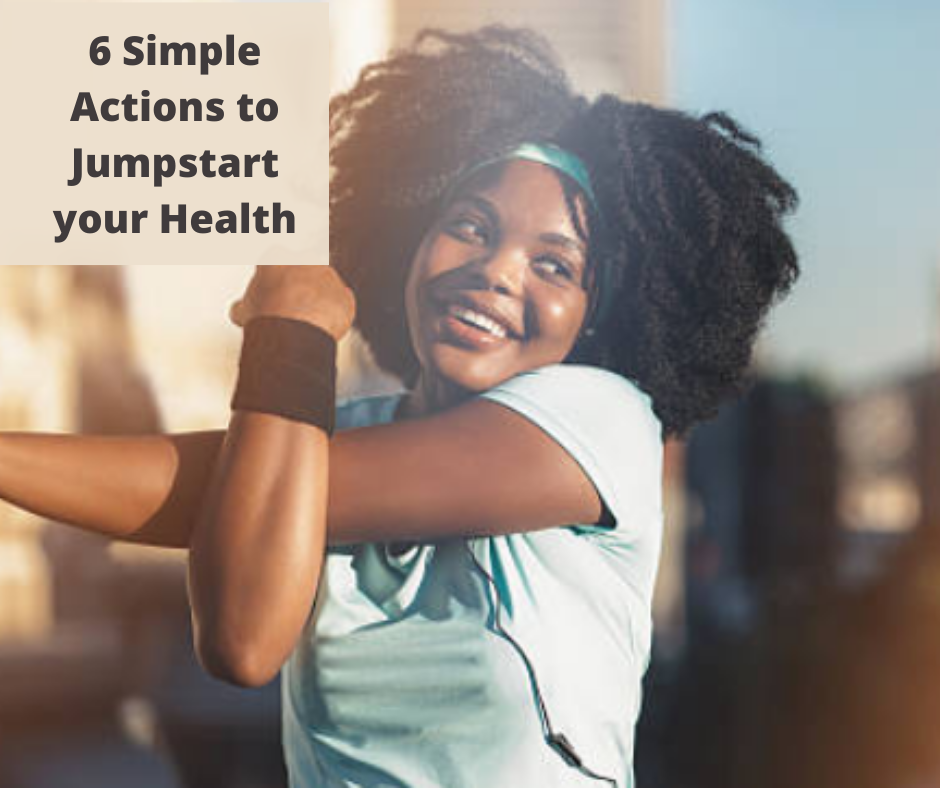


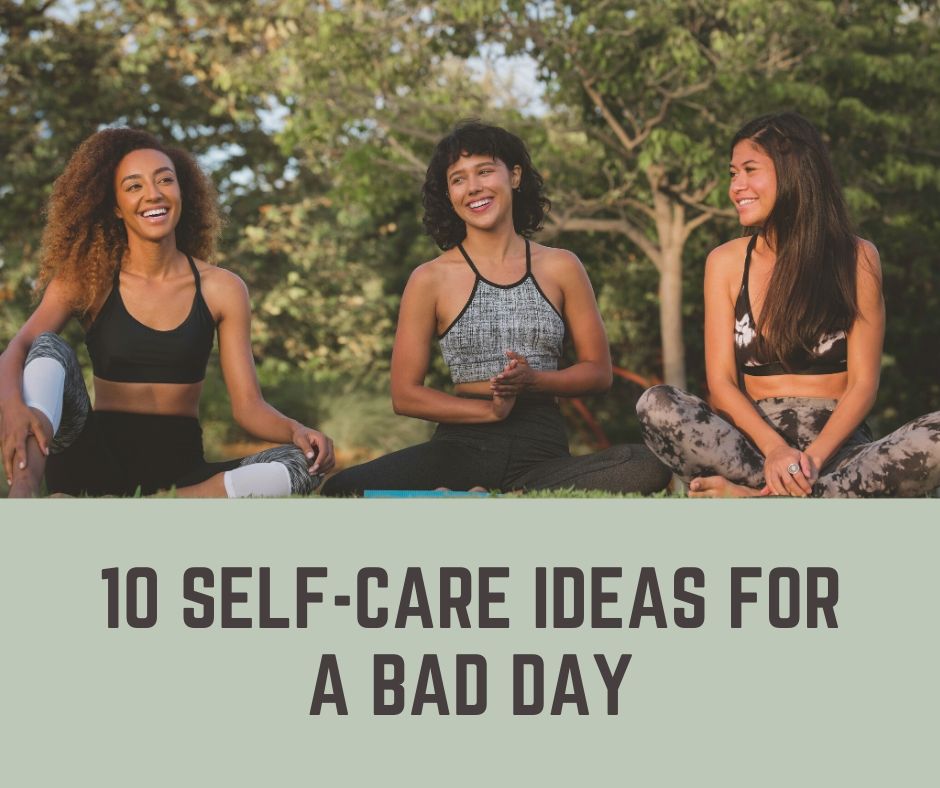

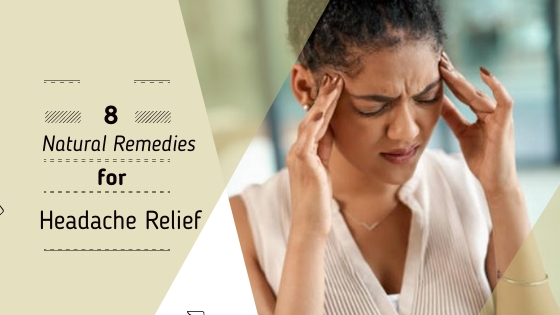
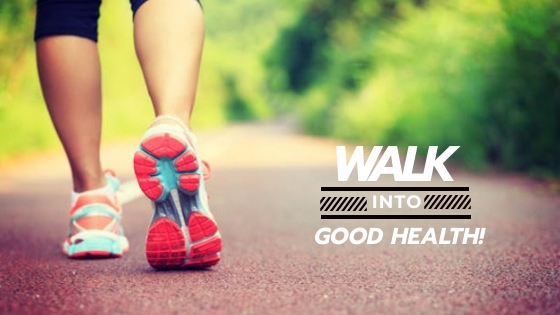

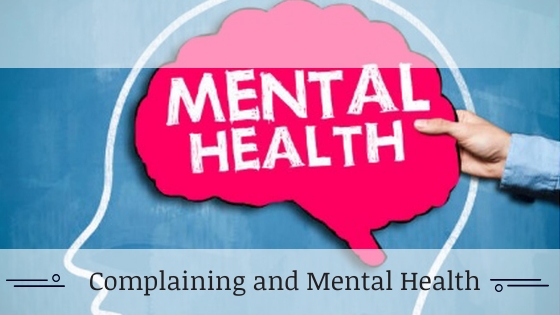
Recent Comments